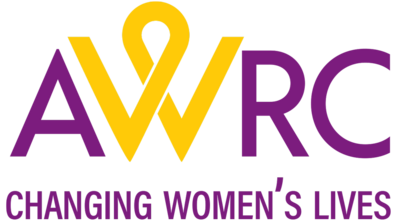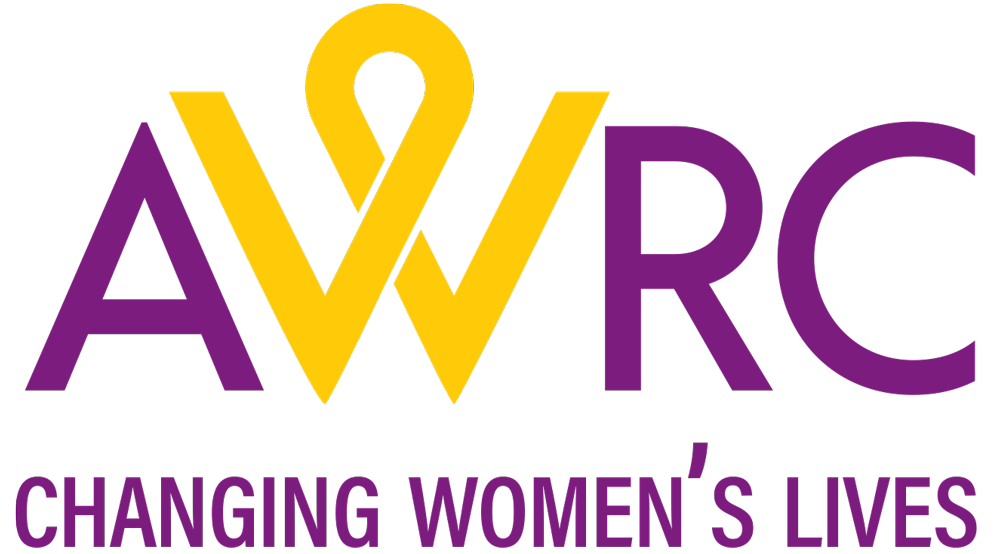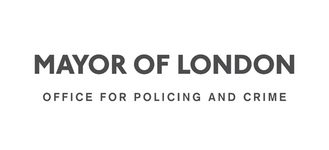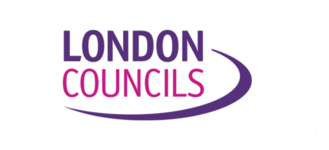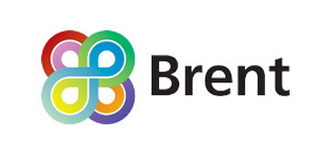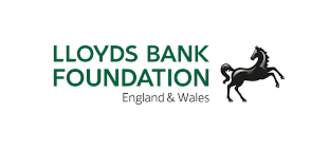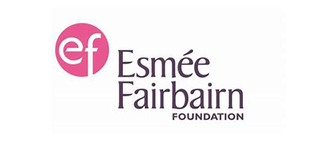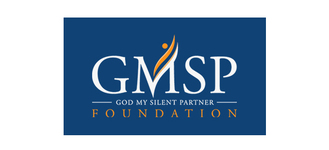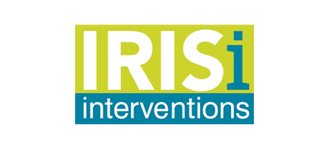RISK ASSESSMENT TOOLS: RESEARCH PAPER

Rethinking Risk Beyond the Checklist: The Need for a Holistic and Inclusive Framework
This paper examines whether current risk assessment frameworks, such as DASH RIC is effective for Black and minoritised victim-survivors of domestic abuse and harmful practices. We are not aware of any research which explores effectiveness of RIC tool for Black and minoritised victim-survivors.
This paper highlights that many Black and minoritised women are unable to or do not feel safe to disclose abuse, particularly in cases involving sexual violence, coercive control, or harmful practices. The DASH tool, in its current form, does not create space for these experiences to be understood or heard. It lacks the intersectional framing required to reflect the full range of risks and needs.
The paper is aimed at VAWG practitioners, policymakers, and frontline professionals responsible for assessing, supporting, and safeguarding Black and minoritised victim-survivors. It serves as a policy and practice influencing document, informed by our consultation with professionals involved in assessing and managing domestic abuse and meeting the needs of victim-survivors.
What has emerged is a clear call for change. A risk-led approach alone is not enough. A shift is needed toward models that integrate both risk and needs centred on survivors’ lives, not just incidents.
The learning should be used to encourage system and practice improvements to safeguard and support Black and minoritised victim-survivors. A critical part of this work involved creating the space to generate learning for an improved framework that better meets the needs of all victim-survivors. We encourage practitioners, policymakers, and funders to engage with the findings to help shape more inclusive and effective responses to domestic abuse and harmful practices.
